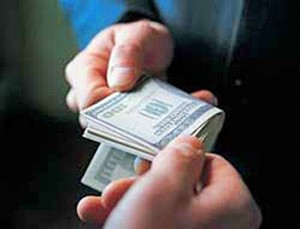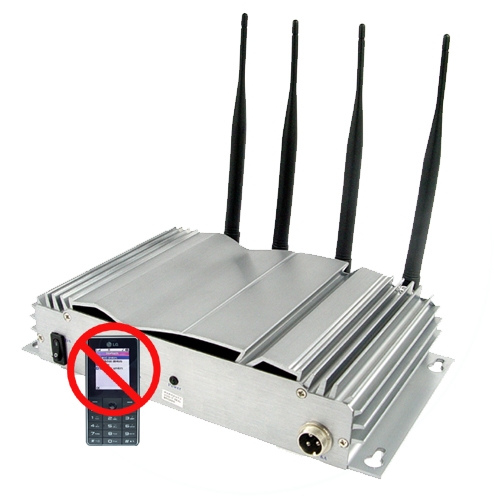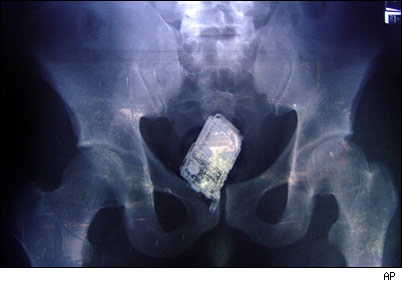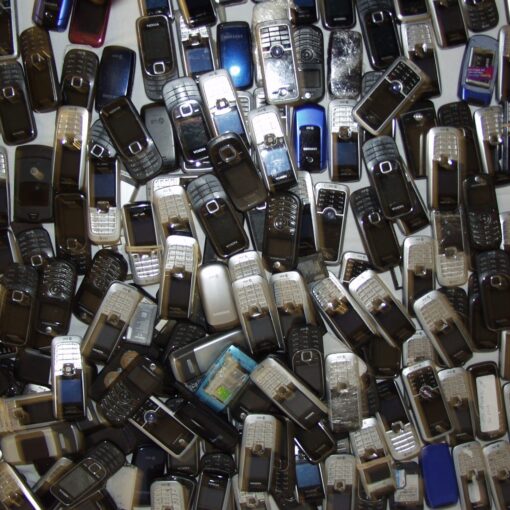 This editorial makes the case that smuggling contraband prison cell phones should be illegal in California. And of course, that is correct. But laws making cell phone smuggling illegal don’t address the demand factors that cause contraband prison cell phones to be so valuable. Providing a controlled and secure prison cell phone service for legitimate prisoner use, much like current prison payphone service works, will go along way to reducing the contraband value of smuggled wireless cell phones in jails.
This editorial makes the case that smuggling contraband prison cell phones should be illegal in California. And of course, that is correct. But laws making cell phone smuggling illegal don’t address the demand factors that cause contraband prison cell phones to be so valuable. Providing a controlled and secure prison cell phone service for legitimate prisoner use, much like current prison payphone service works, will go along way to reducing the contraband value of smuggled wireless cell phones in jails.
It doesn’t take an advanced degree in criminal justice to understand that prison inmates never should have access to cell phones. They use them to plot violent crimes inside and outside the prison, plot escapes and conduct drug deals with other inmates or contacts on the outside.
Matthew Cate, secretary of the California Department of Corrections and Rehabilitation, agrees. He said, “Cell phone smuggling into California’s prisons is a very serious and growing problem. Public safety officials in prisons and prosecutors on the outside need additional tools to combat cell phone smuggling to inmates.”
One such tool should be stiff felony penalties for anyone smuggling cell phones into prisons or accepting bribes for phones. Those penalties should be even tougher for prison guards.
Unfortunately, it is the guards who are suspected of providing most of the cell phones to inmates, often taking bribes. Yet California continues to be lax in passing laws to crack down on the problem.
Possessing a cell phone behind bars violates prison rules, but still is not illegal. Inmates can lose early release credits, and employees caught smuggling phones can lose their jobs.
Even when someone is caught, the penalty is extraordinarily light. Last month, Terry Lane, a former California correctional officer from San Jose, was sentenced to just 45 days in jail for smuggling several cell phones to state prison inmates.
Lane also was fined $5,700, which the Sacramento County District Attorney’s Office said was the amount of bribes Lane took from inmates for delivering the phones. The bribery charge was dropped in a plea bargain.
A more appropriate sentence for Lane would have been something closer to 10 years in state prison and a fine many times higher.
The best way to discourage prison guards from taking bribes for delivering cell phones is the use of tough penalties that include long prison terms, firing and permanent disqualification for ever working in a prison.
There are a few bills floating around in the Legislature to stiffen penalties for those who bring phones to inmates and or accept bribes for doing so.
State Sen. Alex Padilla, D-Los Angeles, has introduced two bills this year that add penalties for inmates, employees or visitors smuggling cell phones.
Sen. Elaine Alquist, D-Santa Clara, is carrying another bill that would require random searches of employees and contractors.
Action is long overdue. Prison officials say that the number of cell phones confiscated in California prisons has been growing rapidly over the past few years and has become a major problem that needs to be remedied.
If prison employees or visitors faced years behind bars for cell phone smuggling, we believe the practice would decline sharply. There is no good reason to delay legislation, even if there are added costs.
- Blockchain System for Compliant Inmate Transactions - March 4, 2025
- Securus Gets the Signal, Eleven Years Later - August 23, 2024
- Multi-Blockchain System for Inmate Forensics - April 2, 2024




